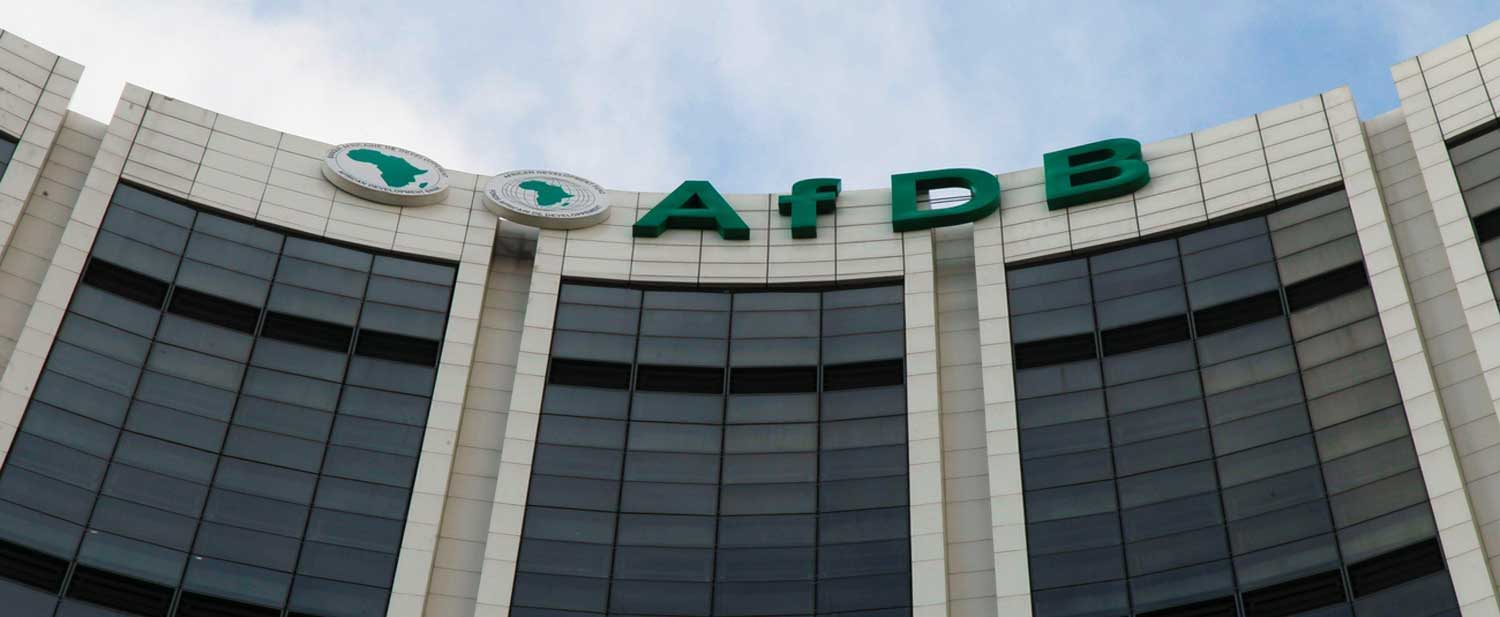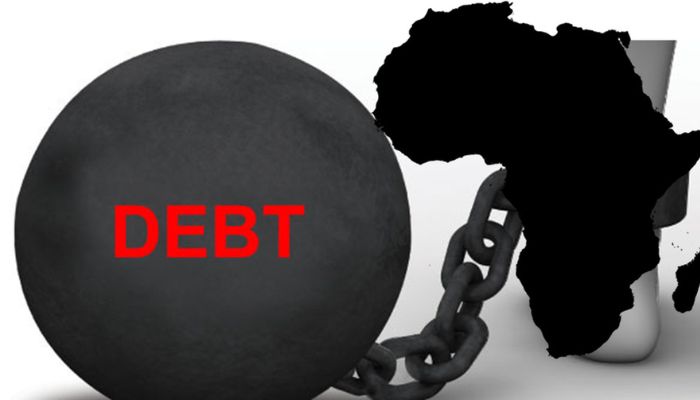African countries, including Nigeria, will require around $74 billion to service their debts in 2024, according to the Vice President and Chief Economist of the African Development Bank (AfDB), Prof. Kevin Urama. This disclosure was made at the Debt Management Forum for Africa and the Inaugural Policy Dialogue on “Making Debt Work for Africa: Policies, Practices, and Options” held in Abuja.
Prof. Urama revealed that the debt servicing figure might be significantly higher when hidden debts and contingent liabilities are factored in. He stated, “The liquidity needs for debt refinancing remain high at about an average of $10 billion per year from 2025-2033. African Eurobond yields have risen to 15% in 2023, double the 2019 rate, complicating debt refinancing.”
Join our WhatsApp ChannelDebt Structure and Refinancing Costs
The AfDB economist highlighted a significant shift in the structure of Africa’s debt. By the end of 2023, 49% of the continent’s debt was privately owned, with projections showing it could reach 54% in 2024. This shift comes with both opportunities and risks, as African countries pay 500% more in interest costs when borrowing from international capital markets compared to loans from multilateral development banks like the AfDB and the World Bank.
“Using short-term, high-cost debt to finance long-term development projects has implications for debt sustainability,” Urama said. He noted that while Africa’s public debt-to-GDP ratio was expected to decline from 63.5% in 2023 to 60% in 2024, the cost of servicing debt remains a major challenge for many African countries.
Nigeria’s Debt Burden and Exchange Rate Woes
Nigeria’s debt rose by 10.38% in the second quarter of 2024 to N134.30 trillion ($91.35 billion), driven by a 47.6% depreciation of the naira as of June. Rising debt servicing costs have deepened Nigeria’s financial constraints, diverting funds from critical development projects.
Urama emphasized that Africa’s average debt service cost increased sharply from 8.4% of GDP in 2015-2019 to 12.7% in 2020-2022. This rising cost limits the ability of governments to invest in infrastructure and other essential sectors.
AfDB’s Call for Homegrown Solutions
To tackle Africa’s debt challenges, the AfDB launched the African Debt Managers Initiative Network (ADMIN). The initiative aims to strengthen the capacity of African debt managers, promote knowledge exchange, and support debt resolution strategies.
AfDB’s Director, Coulibaly Abdoulaye, noted that ADMIN would help African nations tackle their debt burdens, restore macroeconomic stability, and support inclusive growth. He stressed the need for homegrown solutions, stating that relying on external debt from international markets exposes African nations to higher borrowing costs.
Debt Inequality in Global Financial Support
Prof. Urama criticized the unequal access to emergency financing for African countries. He explained that of the $650 billion in Special Drawing Rights (SDRs) issued by the International Monetary Fund (IMF) in 2021, Africa received only $33 billion (5.1% of the total). Similarly, of the $17 trillion in global fiscal measures rolled out to fight the COVID-19 pandemic, Africa’s share was only $89.5 billion (0.5%).
He added, “Our estimates show that resources freed from these reforms could secure about $169.4 billion annually in development financing, equivalent to about 42% of the estimated annual financing gap.”
Leakages and Capital Flight
Another major concern raised by Urama was the capital flight from African countries. He stated that African nations lose over $1.6 billion daily to illicit financial flows, corruption, and international profit shifting. Measured annually, this loss amounts to $587 billion, more than triple the total external financial inflows to Africa each year.
READ ALSO: Presidency of the AfDB: Amadou Hott’s Candidacy Officially Announced
“Plugging these leakages is critical to addressing the challenge of domestic resource mobilization and debt sustainability challenges in Africa,” Urama said. He stressed that addressing these financial outflows could create a self-sustaining financial system for African countries, reducing reliance on costly international loans.
Role of DEMFA in Debt Management
The Debt Management Forum for Africa (DEMFA) was inaugurated to focus on building Africa’s capacity to manage debt effectively. Nigeria’s Minister of Finance, Wale Edun, represented by Dr. Patience Oniha, Director-General of Nigeria’s Debt Management Office, described DEMFA as a pivotal initiative for African countries.
Edun stated, “The creation of DEMFA is significant for African countries due to the growing debt burden and limited access to affordable funding. The forum will provide capacity building and introduce innovative debt management tools and practices.”
He added that the DEMFA initiative should be structured to go beyond the capacity-building role of similar forums established by the World Bank and other global institutions.
Climate Shocks and Debt Challenges
Climate shocks have also contributed to the rising debt profiles of African countries. AfDB’s Director of Macroeconomic Policy, Dr. Anthony Simpasa, said that vulnerable countries have been forced to borrow to finance climate adaptation and mitigation projects.
“The current debt that we face may have also arisen because many countries, especially those vulnerable to climate shocks, are having to borrow to finance climate-related projects,” he noted.
Private Sector’s Role in Debt Management
The Assistant Director of the Strategy, Policy, and Review Department, Ms. Allison Holland, highlighted the role of the private sector in debt management. She suggested prioritizing private sector debt management before focusing on the public sector.
“Why don’t we just let the private sector take the lead? This could be a faster approach to addressing debt challenges,” she commented. Holland, however, noted that official sector involvement would still be essential to restore debt sustainability.
With African nations facing a daunting $74 billion debt servicing requirement in 2024, the AfDB has called for urgent action to address the continent’s growing debt crisis.
The introduction of the Debt Management Forum for Africa (DEMFA) and the African Debt Managers Initiative Network (ADMIN) are seen as crucial steps toward managing the debt sustainably.
As African nations continue to grapple with rising debt costs, reduced fiscal space, and climate-related borrowing needs, experts are emphasizing the importance of homegrown solutions to avoid future debt crises.
Emmanuel Ochayi is a journalist. He is a graduate of the University of Lagos, School of first choice and the nations pride. Emmanuel is keen on exploring writing angles in different areas, including Business, climate change, politics, Education, and others.



















Follow Us